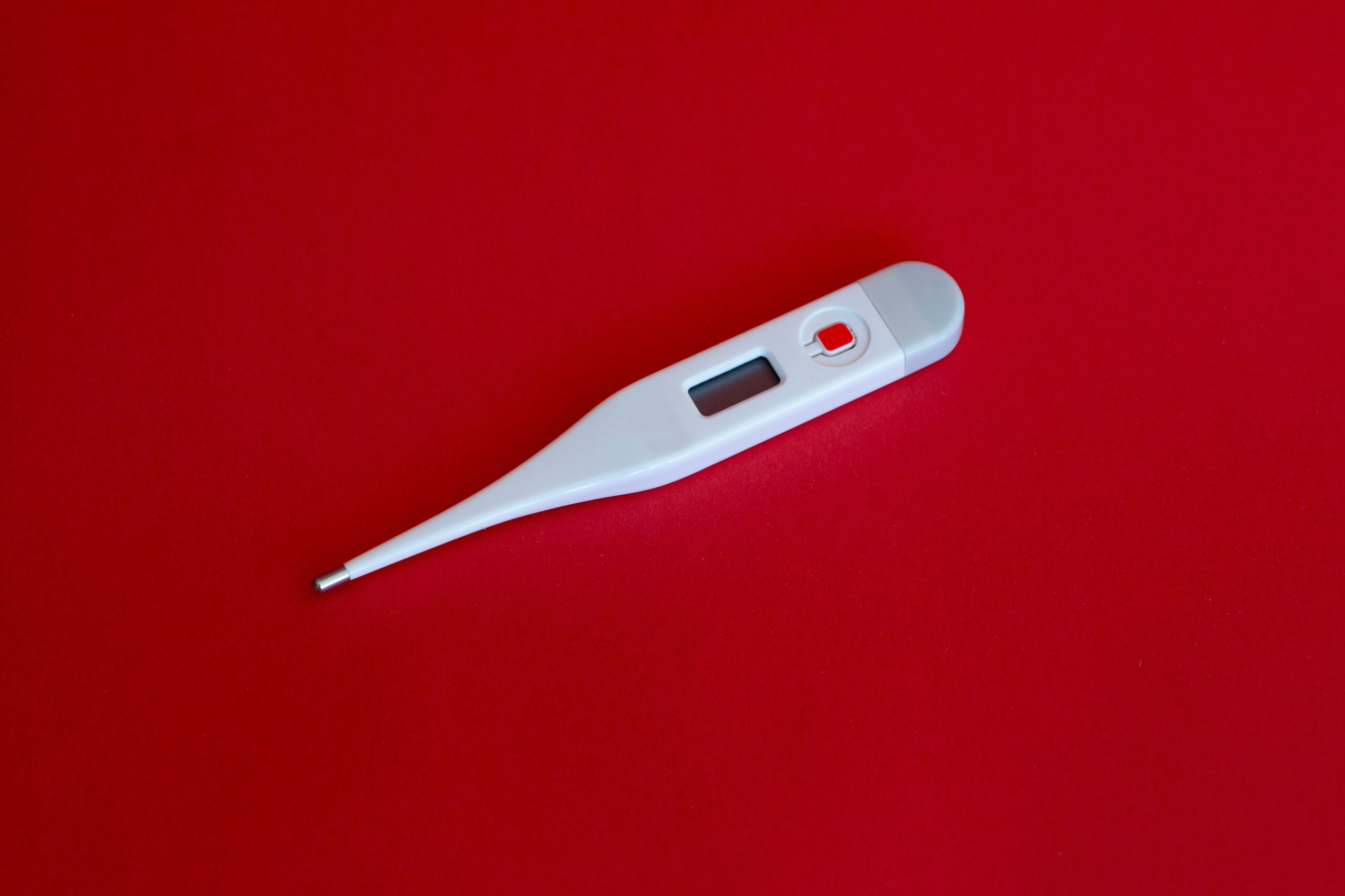Chronic gastritis and duodenitis are two common inflammatory conditions that affect the stomach and the first part of the small intestine, respectively. Both conditions can cause discomfort and lead to various symptoms such as abdominal pain, bloating, and indigestion. While the primary focus of diagnosis and treatment is often on managing these symptoms, healthcare professionals may also consider evaluating serum amyloid levels in certain cases.
What is Serum Amyloid?
Serum amyloid refers to a group of proteins that can accumulate in various organs and tissues, leading to the formation of abnormal deposits known as amyloid plaques. These plaques can disrupt the normal structure and function of the affected organs, potentially causing organ damage and dysfunction.
The Role of Serum Amyloid in Chronic Gastritis and Duodenitis
In chronic gastritis and duodenitis, the presence of serum amyloid deposits is relatively rare. These conditions are primarily characterized by inflammation of the stomach lining (gastritis) or the lining of the duodenum (duodenitis). The inflammation is often caused by factors such as infection, autoimmune reactions, or long-term use of certain medications.
While serum amyloid deposits are not commonly associated with chronic gastritis and duodenitis, there may be instances where elevated serum amyloid levels are observed. In these cases, healthcare professionals may consider further investigation to determine the underlying cause and potential implications.
Possible Causes of Elevated Serum Amyloid Levels
1. Systemic Amyloidosis: Chronic gastritis and duodenitis can sometimes be associated with systemic amyloidosis, a condition characterized by the deposition of amyloid proteins in multiple organs throughout the body. Systemic amyloidosis can be caused by various factors, including genetic mutations, chronic inflammatory diseases, or certain types of cancer.
2. Secondary Amyloidosis: Chronic inflammation in the stomach or duodenum can trigger an immune response that leads to the production of serum amyloid proteins. This immune response is known as secondary amyloidosis. It is important to note that secondary amyloidosis is relatively rare in chronic gastritis and duodenitis, but it can occur in severe or prolonged cases.
Diagnostic Evaluation of Serum Amyloid Levels
When there is suspicion of elevated serum amyloid levels in chronic gastritis and duodenitis, healthcare professionals may recommend specific diagnostic tests. These tests can include:
1. Blood Tests: Blood tests can measure the levels of serum amyloid proteins, such as amyloid A (SAA) and amyloid P (SAP). Elevated levels of these proteins may indicate the presence of systemic or secondary amyloidosis.
2. Biopsy: In some cases, a biopsy of the affected organ, such as the stomach or duodenum, may be necessary to confirm the presence of amyloid deposits. The biopsy sample is examined under a microscope to identify the characteristic features of amyloidosis.
Treatment Options
The treatment of chronic gastritis and duodenitis primarily focuses on managing the underlying cause of inflammation. This may involve lifestyle modifications, such as dietary changes, reducing stress, and avoiding triggers like alcohol or certain medications. In some cases, medications may be prescribed to reduce inflammation or manage symptoms.
If systemic or secondary amyloidosis is present, treatment will be directed towards addressing the underlying condition causing the amyloid deposits. This may involve medications to suppress inflammation or specific therapies targeted at the underlying disease.
Conclusion
While serum amyloid deposits are not commonly associated with chronic gastritis and duodenitis, elevated serum amyloid levels may warrant further investigation. Healthcare professionals may consider specific diagnostic tests to evaluate the presence of systemic or secondary amyloidosis. The treatment approach will depend on the underlying cause and may involve managing inflammation and addressing any associated conditions. It is important to consult with a healthcare professional for an accurate diagnosis and appropriate treatment plan.
FIND FLASH MEDICAL INFO SEARCH HERE



